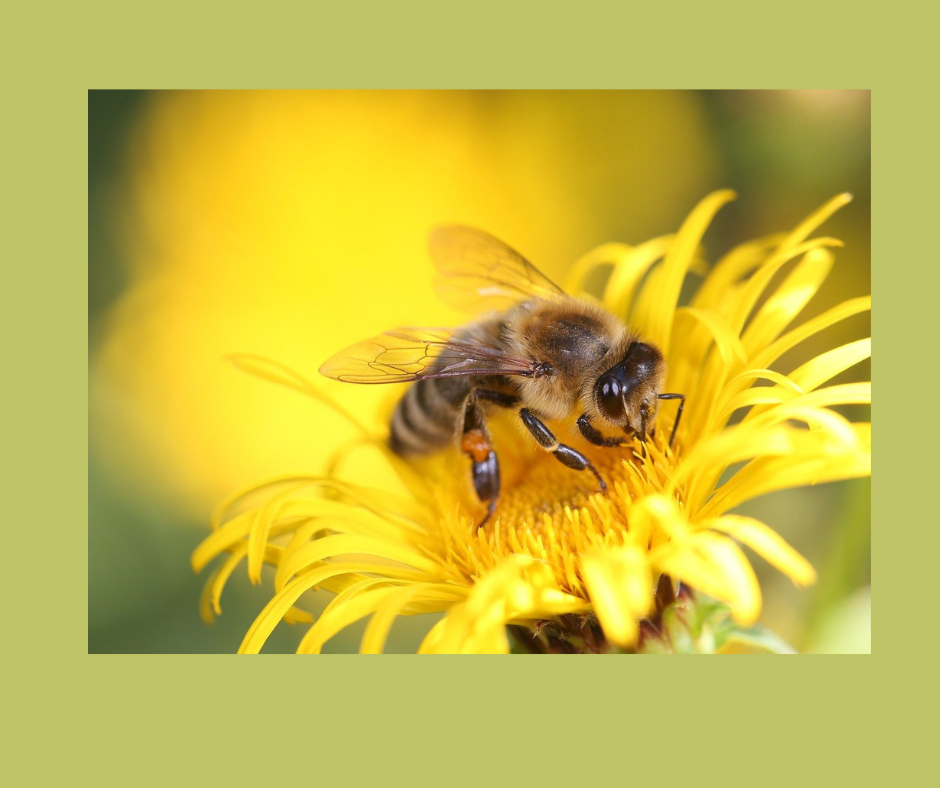Product Finder
Gift Finder
Add description, images, menus and links to your mega menu
A column with no settings can be used as a spacer
Link to your collections, sales and even external links
Add up to five columns
Add description, images, menus and links to your mega menu
A column with no settings can be used as a spacer
Link to your collections, sales and even external links
Add up to five columns
Our guide to attracting pollinators to your garden
April 10, 2024 2 min read

Pollination is essential for the survival of many things, including approximately one third of crop production.
Climate change is contributing to the rapid decline of pollinators, such as bees, wasps and beetles. This is having a devasting effect on the planet and the billions of people and thousands of unique species who call it home.
So what can we do to attract these pollinators to our own gardens this summer, to give them a helping hand with the important role they play? Read on for some ideas …
Consider weeding less – Many of the plants that we consider annoying weeds are actually good for pollinators. For example, dandelions and lawn clover provide vital pollen for many species of bee. You could even dedicate an area of your garden to allow nature to roam free and let ‘weeds’ grow undisturbed.
Grow plants and flowers that pollinators will thank you for – There are some plants that will attract no end of pollinators, think foxgloves, lavender and sunflowers, and keep them in the garden all summer long. Plants such as fennel and dill are also a benefit to your garden, as butterfly larvae will feed on them. Your garden will be a blaze of colour, delicious smells and the pollinators will love it.
Avoid using pesticides and insecticides – It is very frustrating when a plant, shrub or tree that you have grown or spent good money on falls victim to pests. However, rather than using traditional, chemical-filled pesticides or insecticides that are detrimental to wildlife and soil, there are some more natural solutions that you could consider. Having plants that attract ‘good’ insects to your garden – those creatures that will eat the pests and larvae that are feeding on your plants – is a perfect way to combat the problem and help the planet at the same time. For example, lacewings dine on aphids, mites and other small insects. Dandelions, coriander and dill are known to attract lacewings so consider planting them close to any plants you have a pest problem with, for a chemical free solution.
Install a bee hotel – Having a bee-safe is a great way to attract solitary species of bee to your garden. While honeybees traditionally live in hives, solitary bees prefer nesting in cavities, where they can breed and lay their eggs. Just remember to place your bee hotel in a full sun position if you can.
One more thing - Research suggests that bees are more attracted to yellow, blue and white flowers so when you are considering which plants to go for, try and include plants that will flower in these colours.
We have some great garden products, from our wonderful friends at Shared Earth, including a bee/bug hotel - and you can find them here Shared Earth - We Are Fair Trade Ltd










